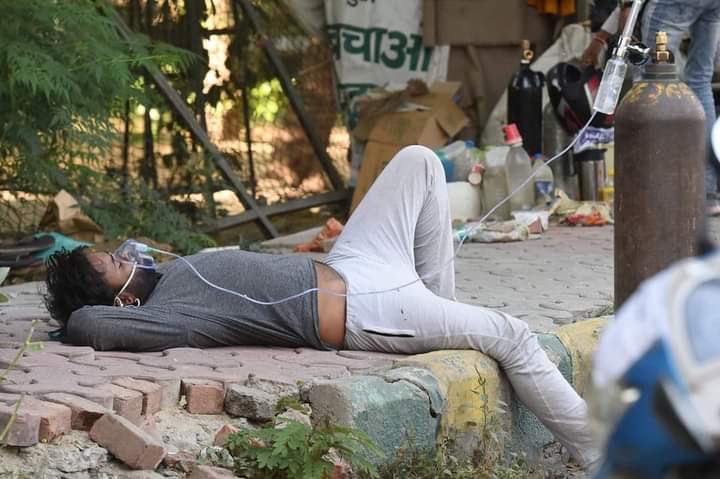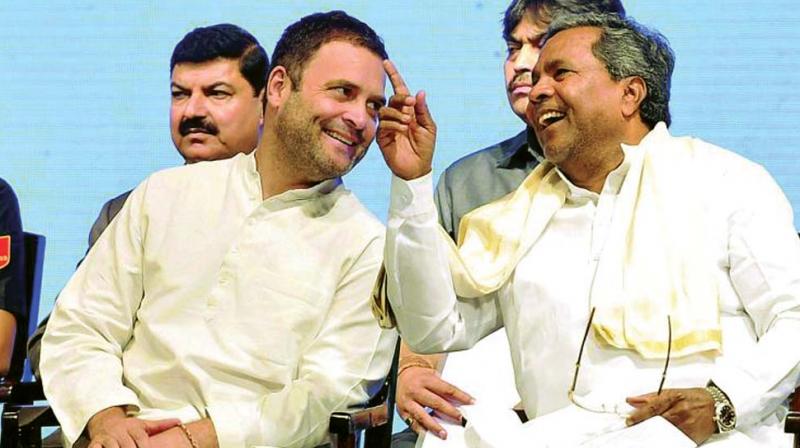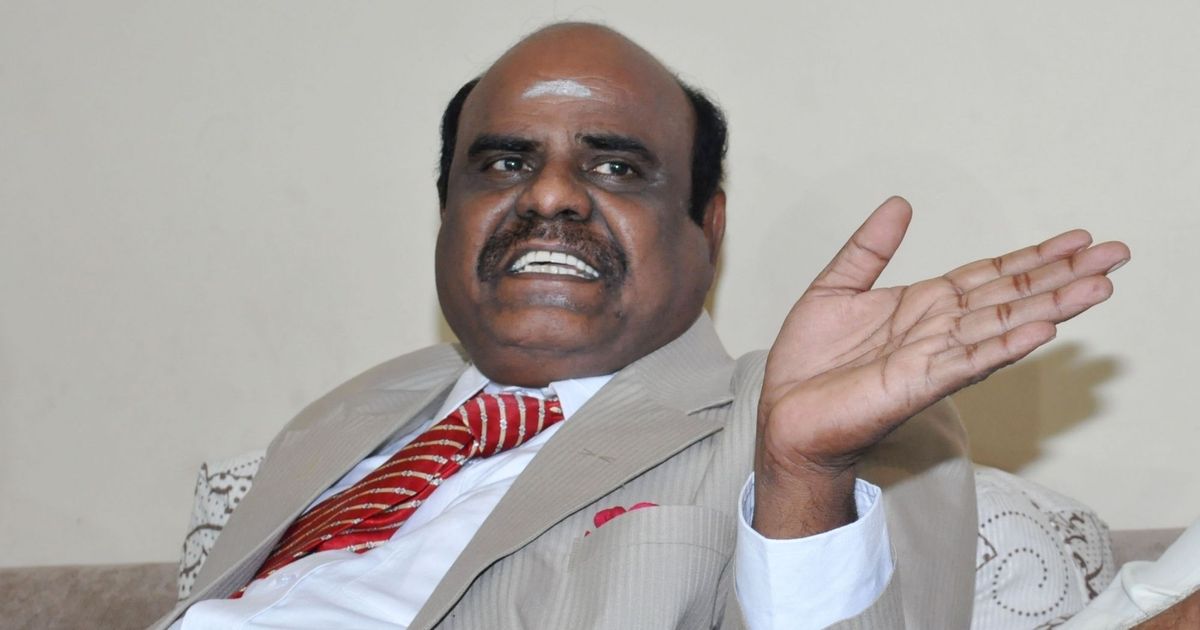Lancet international medical journal has called on the Narendra Modi government to own up mistakes, provide responsible leadership and implement a science-based response to steer India out of its Covid-19 crisis and “botched vaccination campaign”, describing some of its actions as “inexcusable”.
The Lancet, in a commentary on India’s Covid-19 emergency, cited how the government had allowed religious festivals to proceed, along with huge political rallies, conspicuous for their lack of Covid-19 mitigation measures, despite warnings about the risks of super-spreader events
Soon after the call from The Lancet journal, the Indian Medical Association (IMA), the country’s largest body of doctors, accused the Modi government of inappropriate actions, hiding data and deaths and failing to plan a roadmap to ensure adequate vaccines were available.
The commentary comes amid India’s brutal second wave that has raised the country’s seven-day average of daily cases 22-fold from 17,000 to 389,000 in eight weeks, overwhelmed hospitals and healthcare workers, and exposed poor preparedness that led to medical shortages.
The journal said that at times, the Modi government had seemed “more intent on removing criticism on Twitter than trying to control the pandemic”, referring to the Centre’s directive to the micro-blogging site to take down certain posts that were critical of the government’s management of the epidemic.
“Modi’s actions in attempting to stifle criticism and open discussion during the crisis are inexcusable,” the journal said, adding that the US-based Institute for Health Metrics and Evaluation has estimated that India could see 1 million deaths by August 1.
“If that outcome were to happen, Modi’s government would be responsible for presiding over a self-inflicted national catastrophe.
India squandered its early successes in controlling Covid-19,” the journal said, suggesting corrective strategies in line with demands from sections of India’s research community.
It said the government must publish accurate data in a timely manner, and explain to the public what is happening and what is needed to bend the epidemic curve, including the possibility of a new countrywide lockdown.
The Lancet said the impression from the government during early 2021 was that India had beaten Covid-19 after several months of falling daily case counts, despite warnings of the dangers of a second wave and the emergence of new coronavirus strains in the country.
The success of the efforts to address the crisis will depend on “the government owning up to its mistakes, providing responsible leadership and transparency, and implementing a public health response that has science at its heart”, the journal said.
The Lancet’s commentary is in line with concerns among multiple experts within and outside India about the leadership and the policy-making apparatus that has pushed India into its current crisis.
A survey by the Indian Council of Medical Research in January, the journal said, had suggested that only 21 per cent of the country’s population had acquired immunity against Covid-19, implying that the vast majority of the people remained susceptible.
The journal, echoing demands from sections of India’s health and research experts, said the country should also expand genome sequencing to better track, understand and control the emerging and more transmissible coronavirus variants.
“When the government introduces policies that conflict with science, that is where the challenge starts,” said Manoj Mohanan, a health economist and associate professor at the Duke Global Health Institute in the US.
“You need to have the willingness to trust scientists to tell us what we know best and run with that. What we’re seeing in India now, even right now, is that the recommendations from the state and central governments sometimes conflict with what scientists tell us,” he said.
The IMA, representing over 350,000 doctors nationwide, said the Union health ministry’s failure to prepare the necessary roadmap to ensure sufficient vaccine stocks had resulted in a shortage of vaccine doses.
The Centre had started by vaccinating priority groups and people above 45 years but, as The Lancet has underlined, it “abruptly shifted course without discussing the change in policy with states, expanding vaccination to everyone older than 18 years, and creating mass confusion” and a market in which state governments and hospitals compete for vaccine doses.
India’s current vaccine production capacity cannot support the nationwide demand.
The IMA has also accused the health ministry of “inappropriate actions” and underlined the need for health authorities to make public accurate Covid-19 data on cases and deaths.
Hundreds of deaths in large hospitals are shown as non-Covid deaths, the IMA said. “Why are we trying to hide actual deaths?” the association asked.
“If the public comes to know about the actual deaths, their seriousness to adopt Covid-appropriate behaviour (precautions) will rise.”
The IMA has called on the government to introduce a “well-planned, pre-announced national lockdown” rather than lockdowns for 10 to 15 days in some states.
The health ministry has already asked states with high daily case numbers and hospital bed occupancy greater than 60 per cent to consider rigorous closures.
A 22-member expert group of health experts too had earlier this week called on the Centre and the states to consider implementing pre-announced lockdowns for six to 10 weeks after ensuring that all poor and vulnerable people receive the support they need during the closures.









